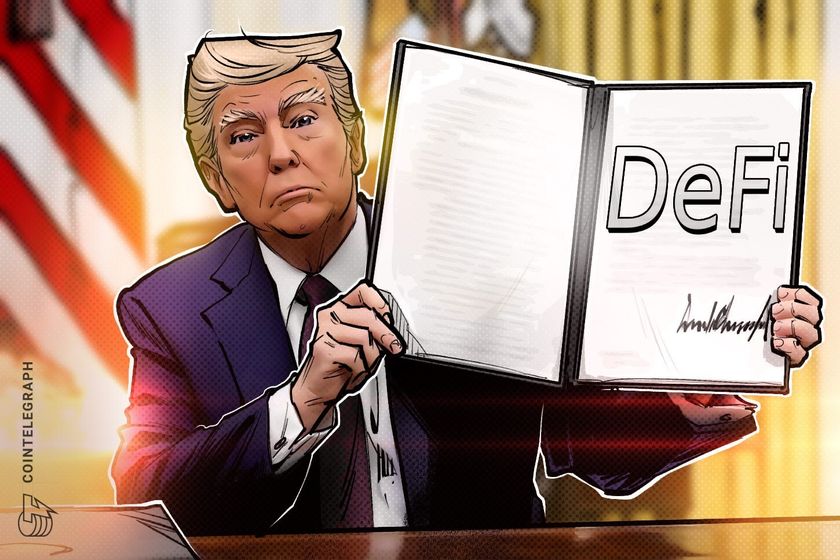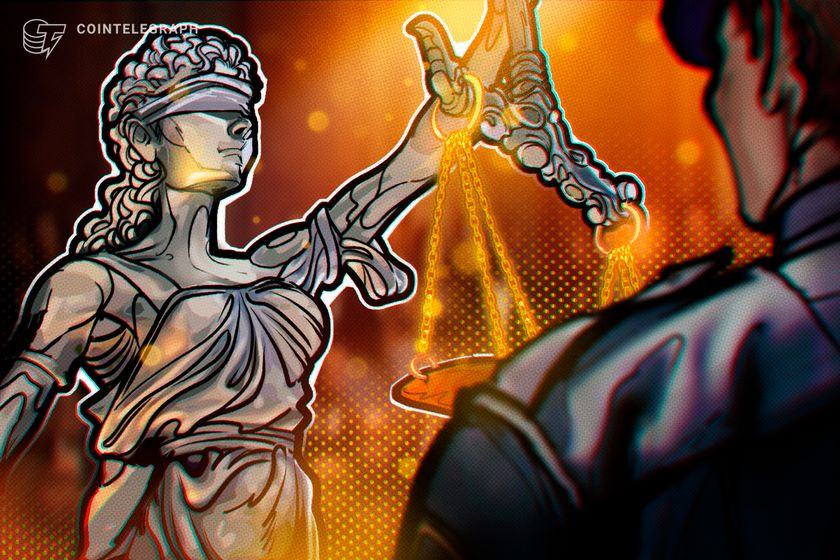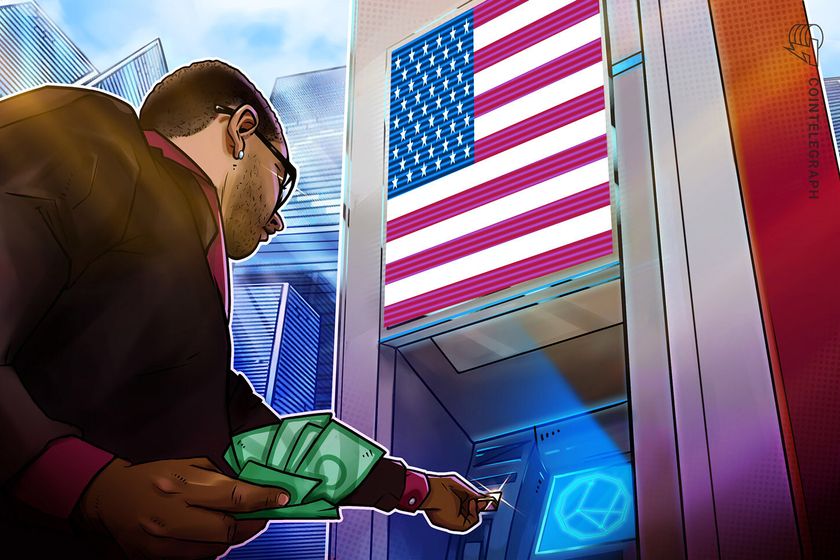

US President Donald Trump on April 10 signed a joint Congressional resolution overturning a Biden-era rule that requires decentralized finance (DeFi) protocols to report to the country’s tax authority, the Internal Revenue Service.
The rule would have required DeFi platforms, such as decentralized exchanges, to file their gross proceeds from crypto sales and include information on those involved in the transactions.
Trump was widely expected to sign the bill, as White House AI and crypto czar David Sacks said in March that the president would support killing the measure.
This is a developing story, and further information will be added as it becomes available.



